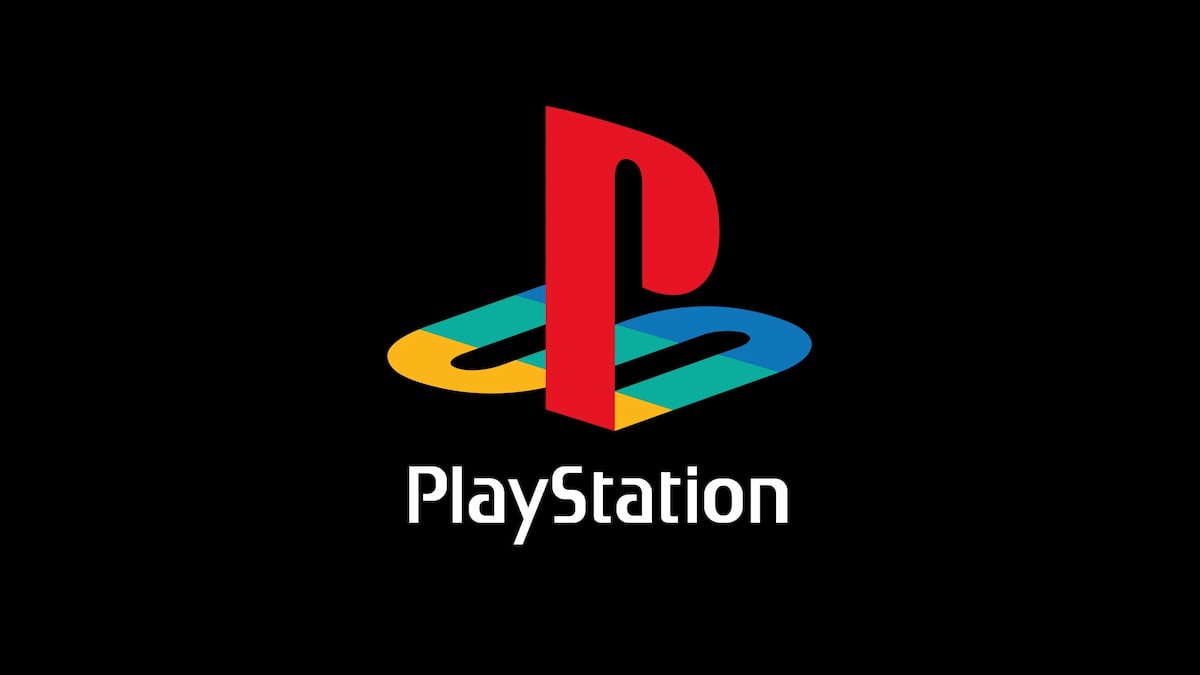The next decade in esports will be very interesting. For one, we’re going to see more and more companies try to break into the increasingly lucrative industry. But also, there will be more and more structural questions as the nature of esports materializes. And the way the industry responds to those questions will be fascinating.
The NFL was not built in a day. Neither was the NBA, or MLB, or the NHL. Those massive leagues were honed into shape through generations. Esports is still in its wild west period. That will change, because it has to.
So what might be different in a decade? All sorts of things, but we’ve highlighted a number of concepts that are common in traditional sports and that could easily trickle down into their digital counterparts. How will they be implemented? What will the ramifications be? That’s still up in the air, so we talked about each of these in a series of pros and cons.
Will it ultimately good for esports to follow in the footsteps of its forefathers? That’s up for you to decide.
TV deals
What it would mean: The traditional holy grail of esports, a TV deal would mean that high-level gaming would get broadcasted on television, thus introducing a massive cross-section of America to a world they know little about.
Pros: This would probably be the quickest and most relevant way to elevate the industry, plus the addition of advertising money would lead to much larger prize pools.
Cons: Much of America would be confused or terrified or maybe a mixture of both. And I’m not sure if I’m mentally prepared to hear Charles Barkley weigh in on Hearthstone. Also so much of esports infrastructure has been handcrafted by the people who love it. If you’re watching professional gaming, you’re perfectly capable of navigating Twitch—and maybe you prefer it. The younger generation just might not care. Handing the keys over to the interests at TNT or ESPN might do more harm than good. Traditionally getting on TV means you’ve made it, but does esports even need that market?
Minor leagues
What it would mean: A place for the biggest esports teams in the world to place developmental talent, where they could still improve and compete against other players and under a coach.
Pros: It would provide an avenue for esports teams to sign talent that they’re interested in, while still being able to store them away in a farm team for a couple years. Think of something like baseball; very few players that get drafted are playing in the majors in their first year. I don’t think it’s a stretch to say a minor league system would help stabilize rosters. Riot already runs something similar to this for the League Championship Series, and it’s proven successful at developing young talent.
Cons: Can esports be big enough to count on a dedicated audience making a minor league profitable? Or even viable? Maybe. But it does seem like a pretty risky investment. In the NBA and MLB, minor league teams are subsidized by their major associations. Who knows if esports will ever have the capital or the motivation to make something like that happen.
Collective bargaining
What it would mean: An agreement established between both esports players and franchise owners to determine the conditions of employment. This usually manifests in debates about money, scheduling, and other things.
Pros: As esports grows, it seems like a good idea to hold meetings every five to 10 years to air grievances and suggest changes. In a league, this would happen in something like a collective bargaining agreement.
Cons: A collective bargaining agreement would only make sense in an esports to environment that was far more centralized (like the NFL,) than it is right now, which is a whole ‘nother can of worms. Also, collective bargaining debates often get messy and lead to lockouts, strikes, and season delays. Just ask any NHL fan how they feel about it.
Player’s union
What it would mean: An organization founded by esports players to negotiate and advocate for their grievances.
Pros: A union wouldn’t necessarily exist without a central, organized league, but it is certainly something players are thinking about. With the huge variance in prize pools, qualification jurisdiction, and other, seedier practices, it makes sense for the talent to band together and protect themselves from corporate interests that might not have the best intentions.
Cons: There are a lot of logistical issues. Plenty of esports teams have players in different games, so would an esports union be a general thing? Or would we see things like a League of Legends union, and a Dota union, and a Hearthstone union, etc. But outside of that, I don’t things there’s any good argument against unionization. Players deserve to have their rights protected.
Free agency
What it would mean: A concrete system for professional gamers to switch teams after their contracts run out. Free agency in basketball, baseball, hockey, and football allows a player to field multiple offers at once. In the NBA, the old team usually holds some sort of added advantage (like the ability to offer a longer, more lucrative contract.) This ties directly into the salary cap (see below.) The team then owns a player under contract for an agreed number of years.
Pros: Free agency already sort of exists in esports—anyone without a team is technically a “free agent.” But a more comprehensive system tied into a salary cap would define the rights of a player much better. If esports are to grow, regulated contracts seem like a must.
Cons: It’s impossible to write a “con” of free agency in a general sense. Most would agree that players should be allowed to sign with whatever team they choose. But it also institutes a system where players might not be making what they deserve. An upstart, developmental League player might sign a deal worth three years and $30,000, but by year two it might be clear that he’s worth more like $3 million. That’s not fair, is it?
Salary cap
What it would mean: Inextricably tied to free agency, a salary cap would restrict the total amount of money an esports franchise could pay its team. In a league format, every pro squad would have the exact same budget.
Pros: Ostensibly, this would lead to a more balanced league. In the NBA, the commissioner knows that a city like New York generates more revenue than a city like Memphis, so by initiating a salary cap he makes sure that New York won’t field better teams by the simple virtue of their payroll. In esports, this would stop certain teams from buying up all the best players, which is something the scene sees a lot of right now. This sort of practice is a lot more common overseas, especially with soccer, but American audiences tend to prefer sports with salary caps.
Cons: Why should a league get to decide that a certain team can’t use the brunt of their resources? Is equity really something that’s all that important to the people who watch competitive gaming? European soccer counters this problem brilliantly with the Champions League and a luxury tax, which unites all the top-tier teams across countries into one competition. There’s certainly a way for esports to grow without, say, Team SoloMid to give up their status.







Published: Mar 12, 2015 06:09 am